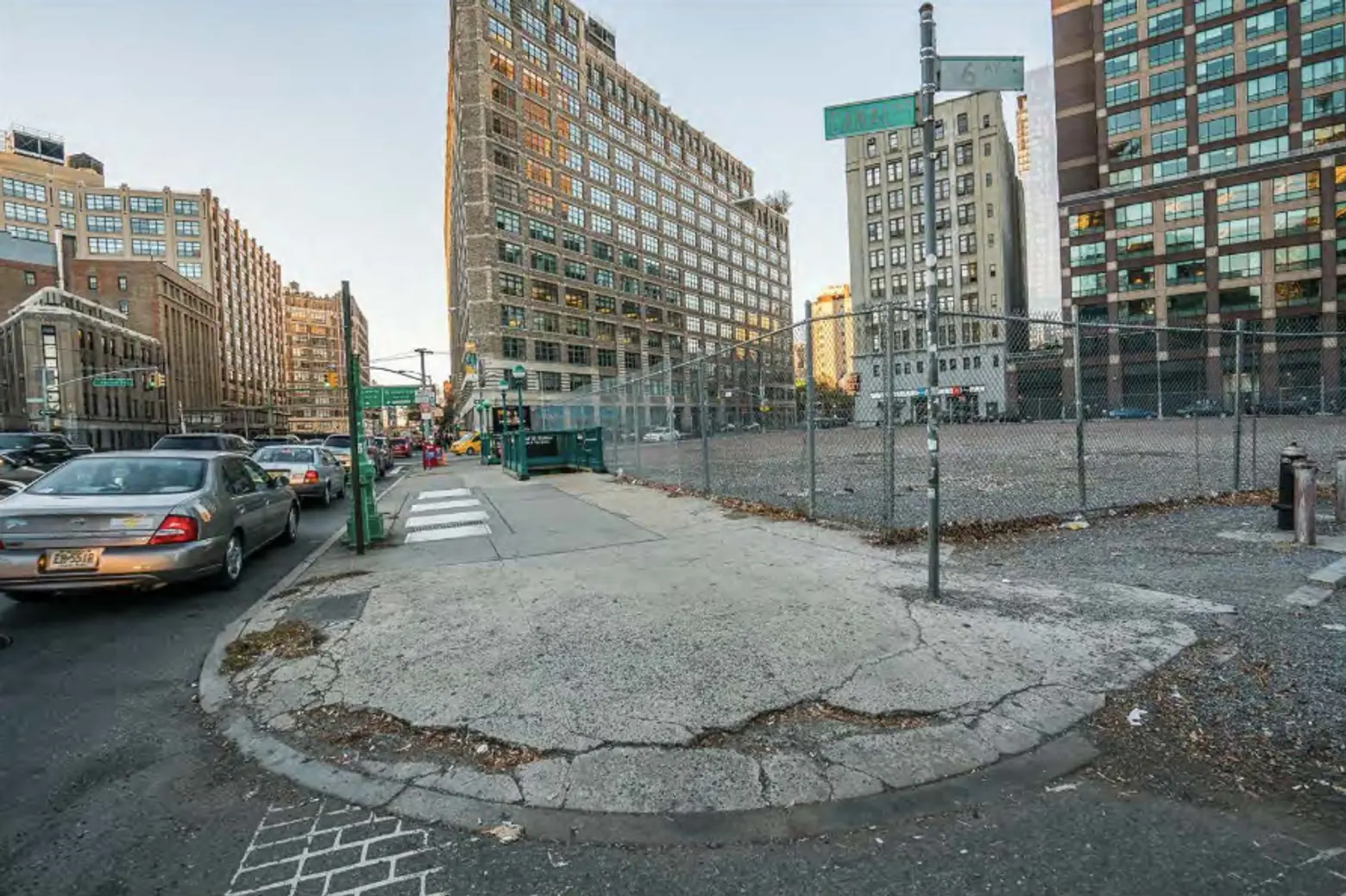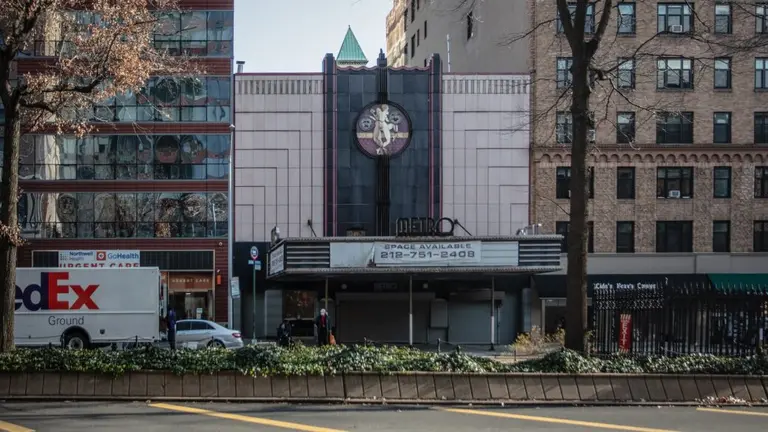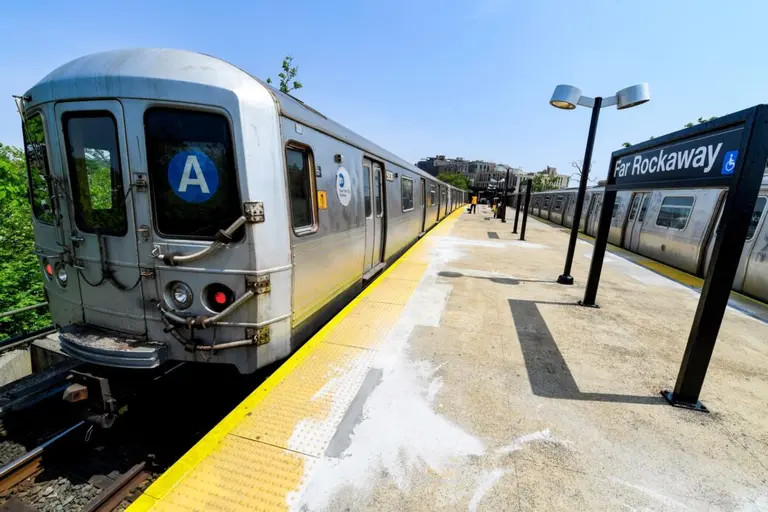Settlement promises curb cuts will be installed or upgraded at every corner in NYC

Image via Disability Rights Advocates
A settlement in Manhattan Federal Court yesterday has established a plan to improve sidewalk accessibility throughout New York by making all 162,000 street corners in the city fully accessible within 15 years. Judge George B. Daniels mandated a comprehensive citywide survey to identify which corners need curb cuts installed or upgraded, which must be completed by October. This marks an important step toward making the city’s streets easier to access and safer for the disabled community—and all New Yorkers.
The settlement resolves two separate class-action lawsuits for violations of the Americans with Disabilities Act of 1990. The more recent case was filed in 2014 by the Center for Independence of the Disabled and two individuals who challenged “the continued widespread dangerous pedestrian ramps in Lower Manhattan that were broken and crumbling, were too steep to navigate, lacked detectible warnings, contained high lips at the bottom of the cut, or led directly into potholes, among other barriers to access.”
“This agreement marks a turning point for New York City, allowing it to truly become the most walkable city in the nation, including for those who are blind or for those who use a wheelchair for mobility,” said Michelle Caiola, Disability Rights Advocates’ managing director of litigation. “ADA-compliant sidewalks are essential for people with disabilities, but also benefit people pushing strollers, travelers with luggage, and those delivering packages.”
THE CITY reported that all upgrades to non-compliant ramps at 108,590 corners are supposed to be completed by the end of 2032, while pedestrian ramps at corners without any cuts are set to be installed by 2021. “This would open up my world,” said wheelchair user Kathleen Collins, 61, of Manhattan, in an interview with THE CITY. “But I also find it frustrating that we have to wait until the 2030s on some of this.”
This news comes as multiple disability rights lawsuits against the MTA remain pending. Only a quarter of the MTA’s 472 stations are currently compliant with the ADA, which is significantly fewer than the MTA claims.
RELATED:



























